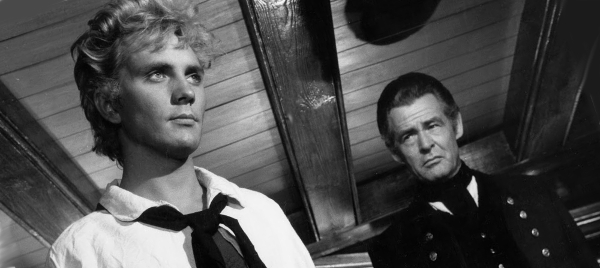
Inherent Vice, 2014
Stoner private eye Doc (Joaquin Phoenix) is contacted by his former flame Shasta (Katherine Waterson), who asks him to help prevent her lover, Mickey (Eric Roberts) from being forced into an insane asylum. Along the way Doc crosses paths with cults, neo-Nazis, an unwilling informant (Owen Wilson), and clashes with frenemy police detective "Bigfoot" (Josh Brolin).
I haven't read Pynchon's novel of the same name on which this film is based. I know that the intention was to stay faithful to the text, which partly takes the form of a voice over (by Joanna Newsom) that is narration from the book. I can't speak to the faithfulness of this adaptation, but there does seem to be a tension in realizing a unique voice and vision.
The plot of this film is complex, with multiple overlapping storylines and characters. Most of the sequences are darkly comic and at times borderline surreal. It seems like a film more suited to be experienced in a non-literal fashion than one in which you're rewarded by keeping track of how the drug cartel is connected to the cult and how they both relate to the eccentric dentist.
Even with trying to just "experience" this film, I felt as if I was left adrift a bit. While individual sequences and moments worked really well for me, as a whole I just never quite got into the flow of it. The movie looks really good. In terms of the performances, the actors really seem to be on the right wavelength with each other. But there was some "it factor" that just never materialized for me.
It's hard to say much more. Anderson's films have always worked well as mood pieces for me, but this one left me cold. Little pops of joy here and there, and the admiration for the craft on display were all positives, but my ultimate experience was one of disconnection. I wouldn't say that I didn't understand this movie, but I definitely didn't get it.



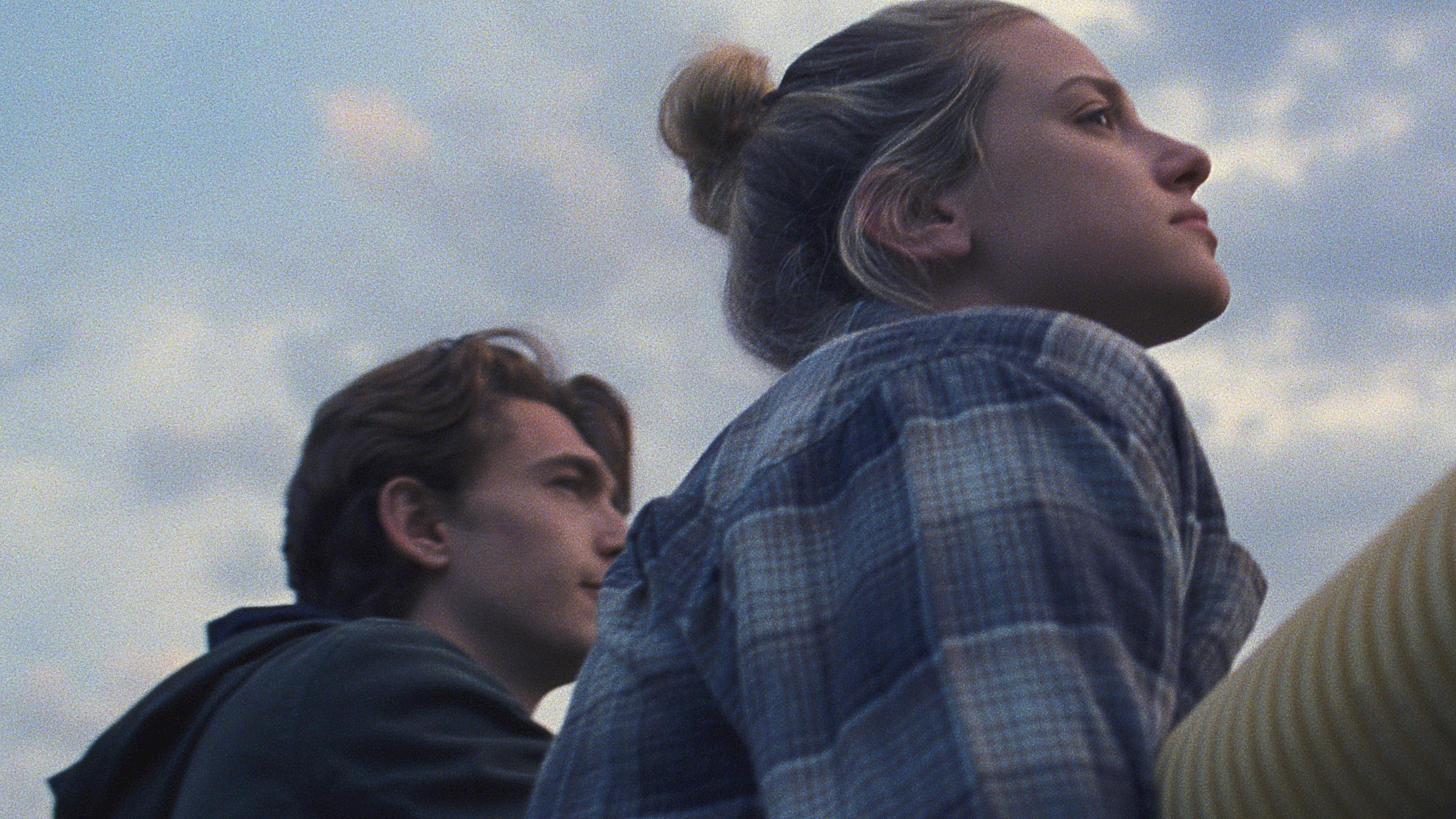
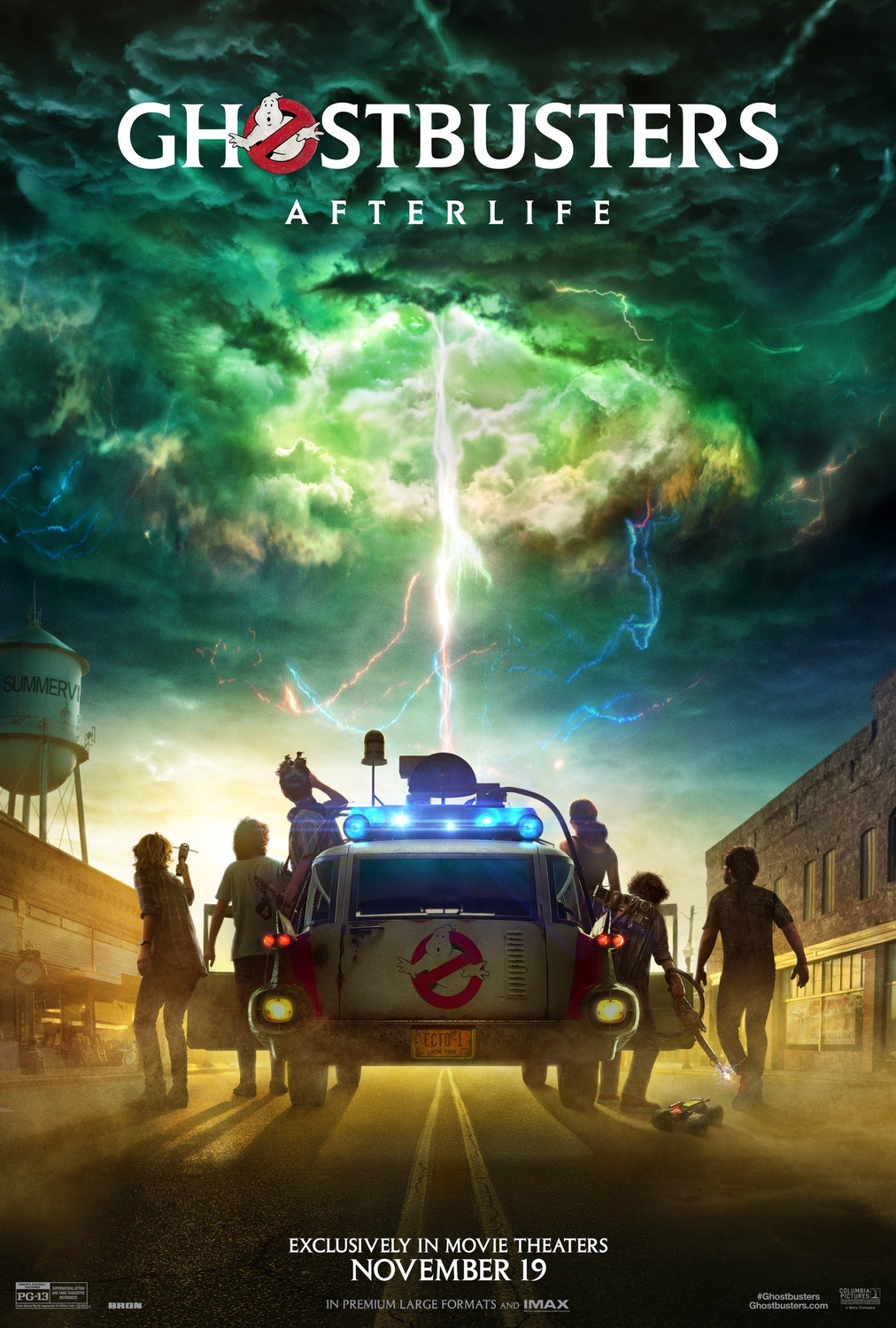
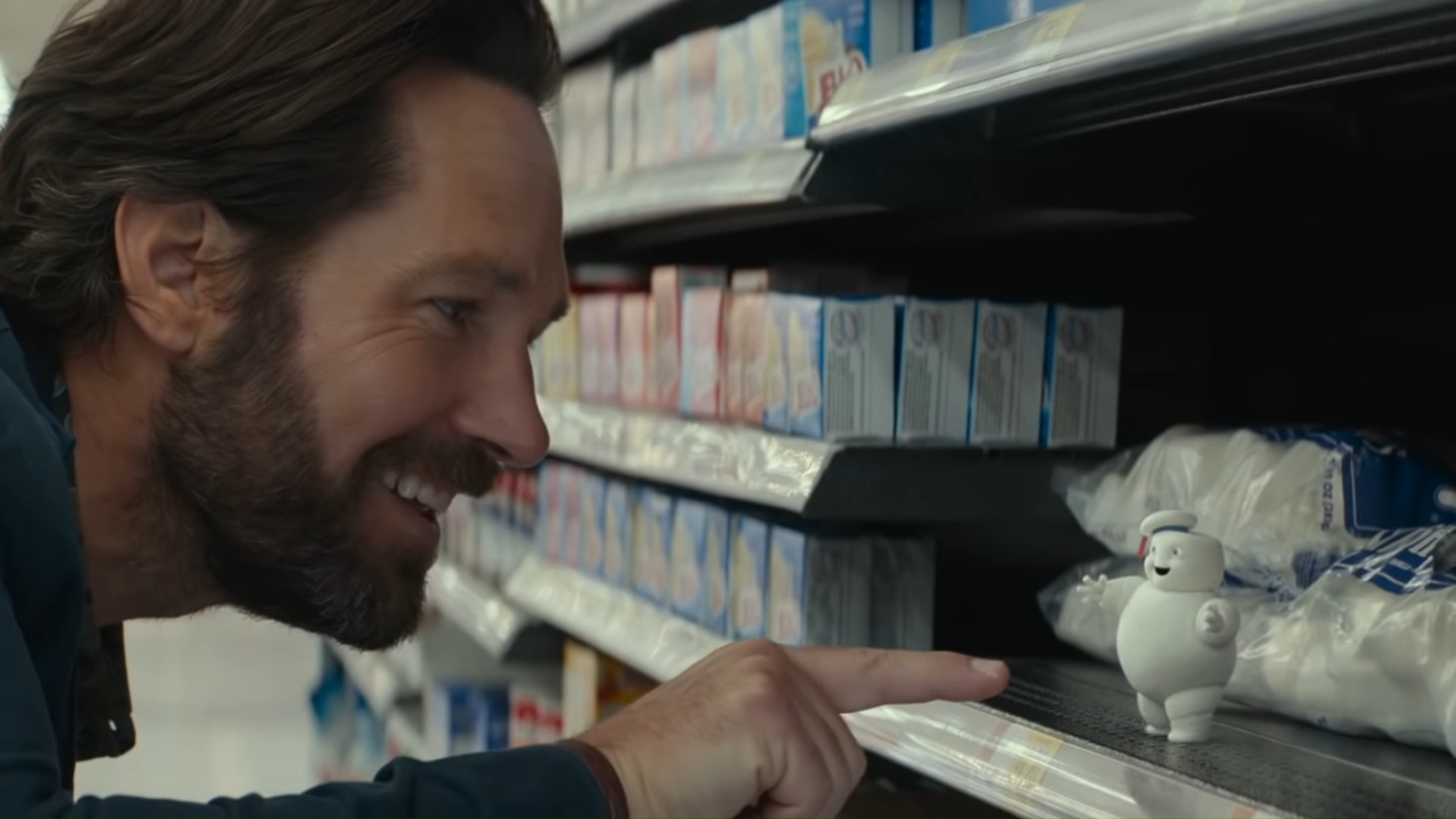


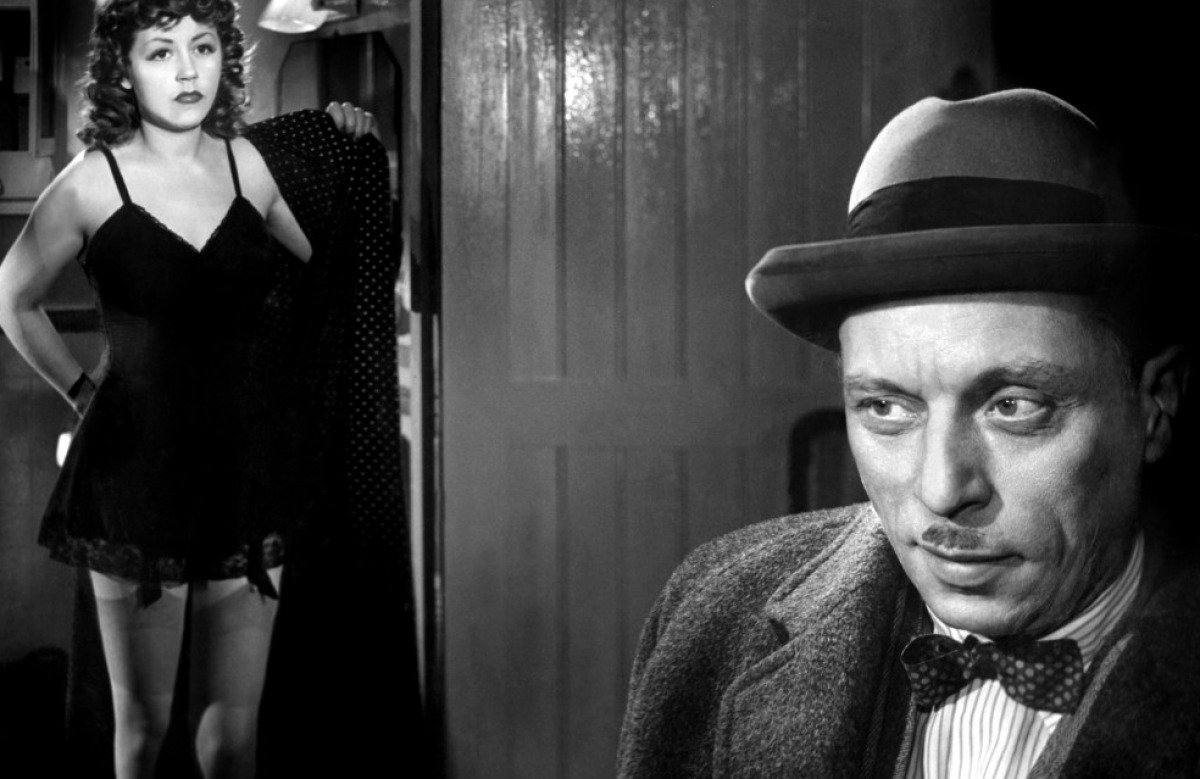


 . A little bit would have gone a long way and going into the mental issues of all the people who have to take care of all of these dying people would have been a lot stronger.
. A little bit would have gone a long way and going into the mental issues of all the people who have to take care of all of these dying people would have been a lot stronger. 

